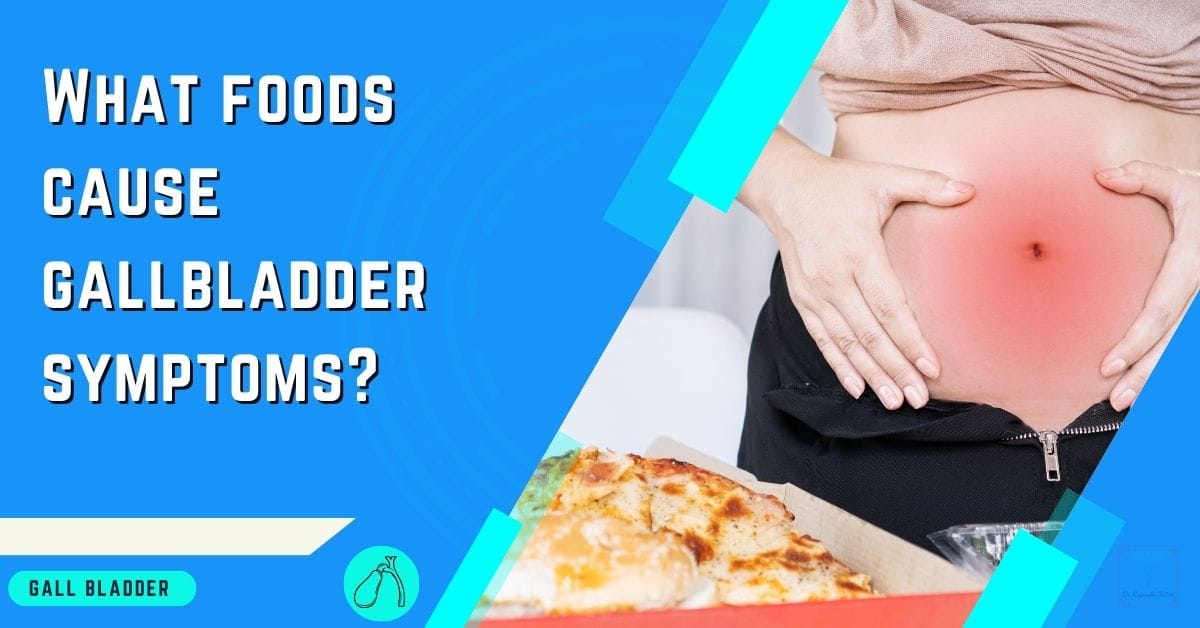The foods you eat can have a significant impact on gallbladder health. Certain dietary triggers are known to cause gallbladder attacks and aggravate symptoms in those with conditions like gallstones. As your surgeon, I want to discuss problem foods to avoid as well as better alternatives to prevent discomfort.
Foods That Can Cause Gallbladder Symptoms:
1. Fatty and Fried Foods
Foods high in saturated fat like fried chicken, french fries, pizza, burgers, sausages, bacon, and chips are hard for the gallbladder to break down and frequently trigger attacks.
2. Dairy Products
Whole milk, butter, cheese, ice cream, sour cream, and other full-fat dairy products are challenging to digest and are linked to gallbladder attacks.
3. Egg Yolks and Poultry Skin
The high cholesterol in egg yolks and saturated fats in fried chicken skin and turkey overload the gallbladder with substances that form gallstones.
4. Refined Carbs and Sugars
Foods like white bread, sweets, sodas, and sugary cereals spike blood sugar and may cause gallbladder spasms.
5. Alcohol and Caffeine
Drinking caffeinated coffee, energy drinks, alcohol, and carbonated sodas can increase gallbladder contractions.
6. Gas-Causing Foods
Onions, broccoli, cauliflower, beans, cruciferous veggies, and carbonated drinks may create gas that puts pressure on the gallbladder.
7. High Protein Diets
Excess animal proteins require more bile acids to digest, which strains the gallbladder and increases gallstone risks.
Better Alternatives:
1. Veggies, Fruits, and Whole Grains
High-fiber plant-based foods are easiest to digest and support a healthy weight.
2. Lean Proteins
Choose plant proteins, chicken breast, and fish that don’t overload the liver with cholesterol.
3. Unsaturated Fats
Cooking with olive, canola, or avocado oils provides healthier fats.
4. Limit Dairy and Eggs
Reduce whole milk dairy and egg yolks which provide excess saturated fats.
Summary of Key Points:
– Avoid fried and fatty foods, whole milk dairy, eggs, and sugary items.
– Limit gas-producing vegetables, caffeinated drinks, and excess animal proteins.
– Eat mostly vegetables, fruits, whole grains, and lean proteins.
– Cook with healthy plant-based oils instead of saturated fats.
– Making better dietary choices can prevent gallbladder attacks.
Let me know if you have any other diet-related questions on managing gallbladder symptoms!



















